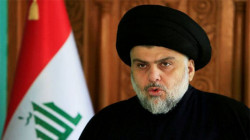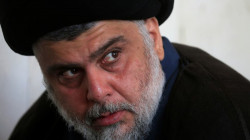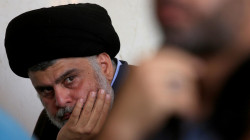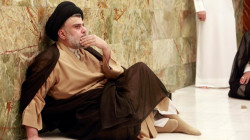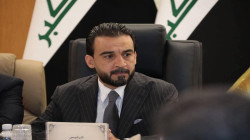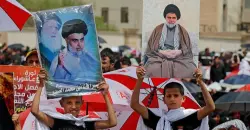Al-Fatah MP underplays al-Sadr's call for an early election without the classic players
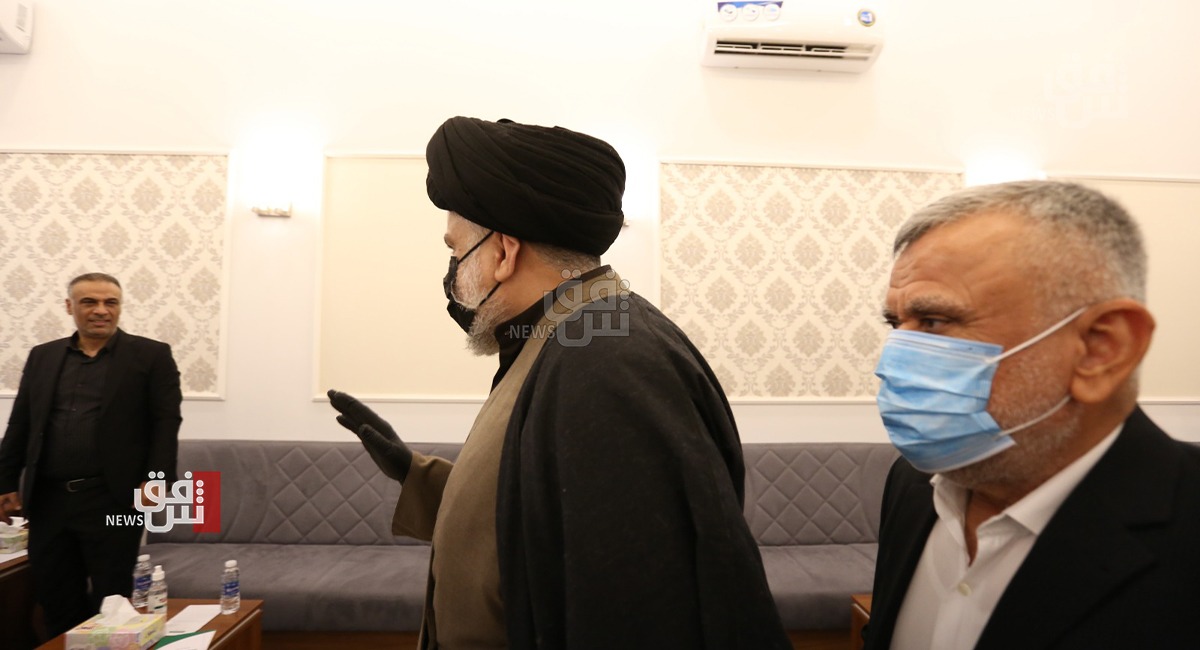
Shafaq News/ A member of Al-Fatah's parliamentary bloc underplayed Muqtada al-Sadr's calls to restart the political process in Iraq without the classic powers as empty "rhetorics", but calls for a shake-up in the government positions held by proxies of the "corruption-nurturing deep state."
"The policy of highfalutin tweets and press statements is an unreliable rhetoric," Lawmaker Mokhtar al-Mousawi told Shafaq News Agency, "the calls to hold a new election without the political parties that participated in the polity since 2003 is odd."
"If we ban this group, how can we come up with new political forces that will participate in an election that some are calling for? Shall we import them?" he asked.
"A new election will recycle the faces. Even if we manage to change them, partisan allegiance will not cease to exist. As long as financial corruption exists, allegiance can be bought," the lawmaker added.
"It would be more productive if we invest this effort in supporting the judiciary in the battle against corruption," he continued, "changing the under-secretaries and directors who represent the upper hand of the corruption-nurturing deep state in the respective ministries and departments."
"The leaders of the Coordination Framework, in a meeting slated to take place in the next few hours, will touch upon the government decrees that do not heed the ongoing developments in the political arena," the leading figure in the mainly Iran-backed Shiite consortium revealed.
"It will also ponder ways to form a new government amid the heightened tension, in addition to other crucial issues like forming the largest bloc and coalitions, reviving the parliament's work," al-Mousawi continued.
Earlier today, a self-proclaimed advisor of the powerful Shiite cleric Muqtada al-Sadr called for holding an early election that excludes all the political parties that took part in the governance since the US-led 2003 invasion of Iraq.
Mohammed Salih al-Iraqi, who runs a Twitter account named "the leader's advisor" and is widely believed to be al-Sadr's mouthpiece, said that holding an early parliamentary election is more important than dissolving the parliament.
"More importantly, all the parties and figures that participated in the political process since the US invasion in 2003 in any form; leaders, ministers, employees, senior officeholders... shall be banned from participating, including the Sadrist movement," al-Iraqi said in the tweet.
"I am ready, within 72 hours at most, to sign an agreement that includes this condition..starting from now," he added, quoting al-Sadr himself.
"If this does not take place, there is no room for reform...consequently, my intervention is not needed, neither in a tweet nor in any other means," he concluded.
Tensions inflamed in Iraq in recent weeks when al-Sadr commanded thousands of his followers to storm and occupy parliament, preventing the formation of a government nearly 10 months after elections.
The standoff in Iraq is the longest stretch without a fully functioning government in the nearly two decades since Saddam Hussein was overthrown in a U.S.-led invasion in 2003.
Al-Sadr was the biggest winner of the 2021 election but was unable to form a government with Kurdish and Sunni parties, excluding his Iran-backed Shiite rivals.
The young cleric, who has unmatched influence in Iraq, can quickly mobilize hundreds of thousands of followers to stage demonstrations and paralyze the country's byzantine politics.
Al-Sadr has called for early elections and unspecified changes to the constitution after withdrawing his lawmakers from parliament in June.
Al-Sadr's political opponents, mostly fellow Shiites backed by Iran, have refused to accede to his demands, raising fears of fresh unrest and violence in a conflict-weary Iraq.
He survived upheaval in the 19 years since his Mehdi Army militia took on the Americans with assault rifles and rocket-propelled grenades in the streets and alleys of Baghdad and southern cities.
His followers also fought the Iraqi army, Islamic State militants and rival Shiite militias.
Most of Iraq's Shiite political establishment remains suspicious or even hostile to al-Sadr. Still, his political organization, the Sadrist movement, has come to dominate the apparatus of the Iraqi state since the 2018 election, taking senior jobs within the interior, defense, and communications ministries.
